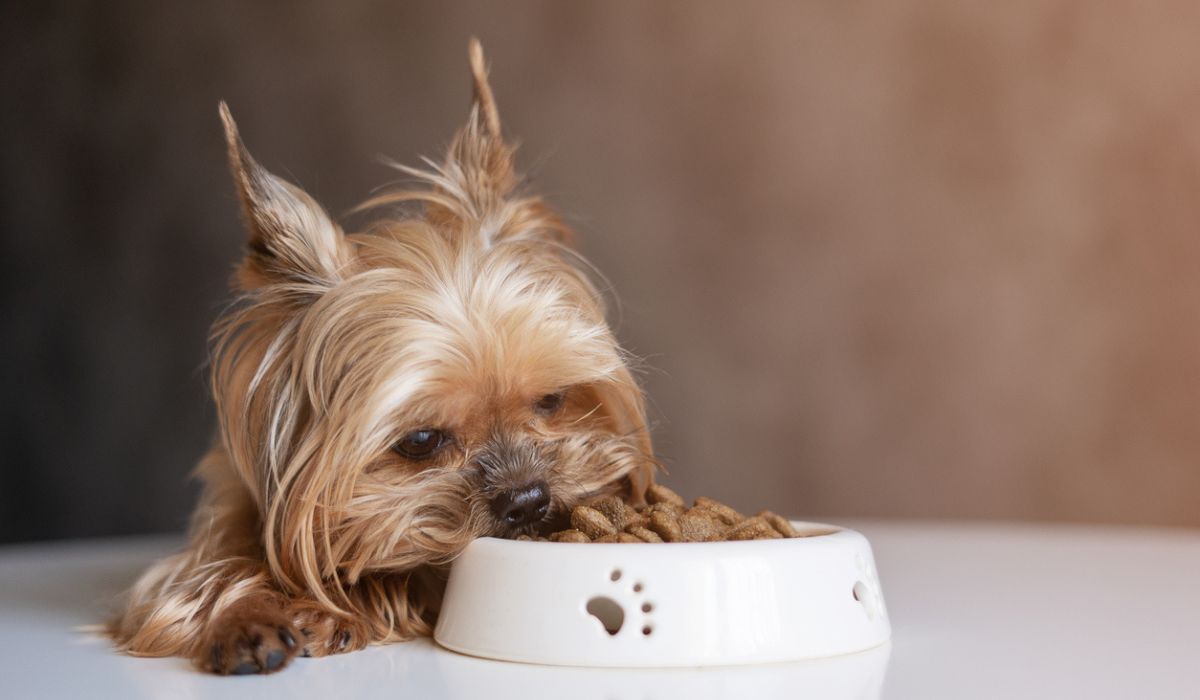Promote Good Health for Your Dog With a Vet-approved Diet

Small dogs are becoming increasingly popular as pets, especially among dog lovers that live in apartments. Breeds like Yorkies, Shih Tzus, and Pomeranians usually weigh just 20 pounds or less. This small size means they have unique nutritional needs though. Small dogs have high metabolisms and require more calories per pound than large dogs. They also tend to live longer than large breeds, so it’s important to make sure they’re getting all the nutrients they need throughout their lifetime.
Small dogs are also more prone to developing health problems, so it’s essential to do everything you can to encourage good nutrition and a proper diet for your little pup. Thankfully, there are plenty of special dog foods made just for them. A vet-approved diet is the best way to ensure that your small furry friend is getting the nutrients they need. Read on for some advice and tips on picking out the perfect dog food for your small dog and keeping them on a healthy diet.
Things To Consider When Feeding Your Small Dog
A healthy diet for a small dog should include all of the essential nutrients they need to stay active and maintain a healthy weight. Here are a few things to keep in mind when feeding your pup.
Protein Content
First, you want to make sure that the food is high in protein and low in fat. Protein is essential for muscle development and maintenance, and it also helps keep the immune system strong. Fat content, however, should be kept to a minimum because it can lead to weight gain and other health problems.
Vitamins and Minerals
You also want to prioritize feeding your small dog a diet that is rich in vitamins and minerals. Vitamins and minerals are essential for keeping the body functioning properly. A diet that is deficient in vitamins and minerals can lead to health issues such as weakness, lethargy, and even depression. A diet that is rich in nutrients and antioxidants is essential for all dogs, but it is especially important for small breeds.
Avoid Human Food
Another important note is that while it may be tempting to share your own food with your furry friend, it’s best to avoid giving them human food. Dogs digest food differently than humans, so they can’t properly process many of the things we like to eat. Additionally, some human foods like garlic, chocolate, and avocado can even be poisonous to dogs. That’s why best to err on the side of caution and stick to their regular dog food diet.
Easy To Digest
Finally, you want to make sure that the food you select is easy for your small dog to digest. Some small dogs have sensitive stomachs, so it is important to find food that will not cause an upset stomach or diarrhea. This may require some trial and error, but you can also talk to your vet about which type of food may be best for your dog’s individual needs.
It’s also important to note that small dogs have high metabolism rates, so they need to eat more frequently than larger breeds. Feeding your small dog two or three times per day can help them get the nutrients they need and keep their energy levels up.
Conclusion
When it comes to feeding your small dog, quality is just as important as quantity. You want to make sure that you are giving your dog food that is nutritious and that will help them stay healthy and feel their best. Ultimately, a vet-approved diet is the best way to ensure your small dog gets the nutrients they need to live a long, happy life, so don’t hesitate to consult yours.
